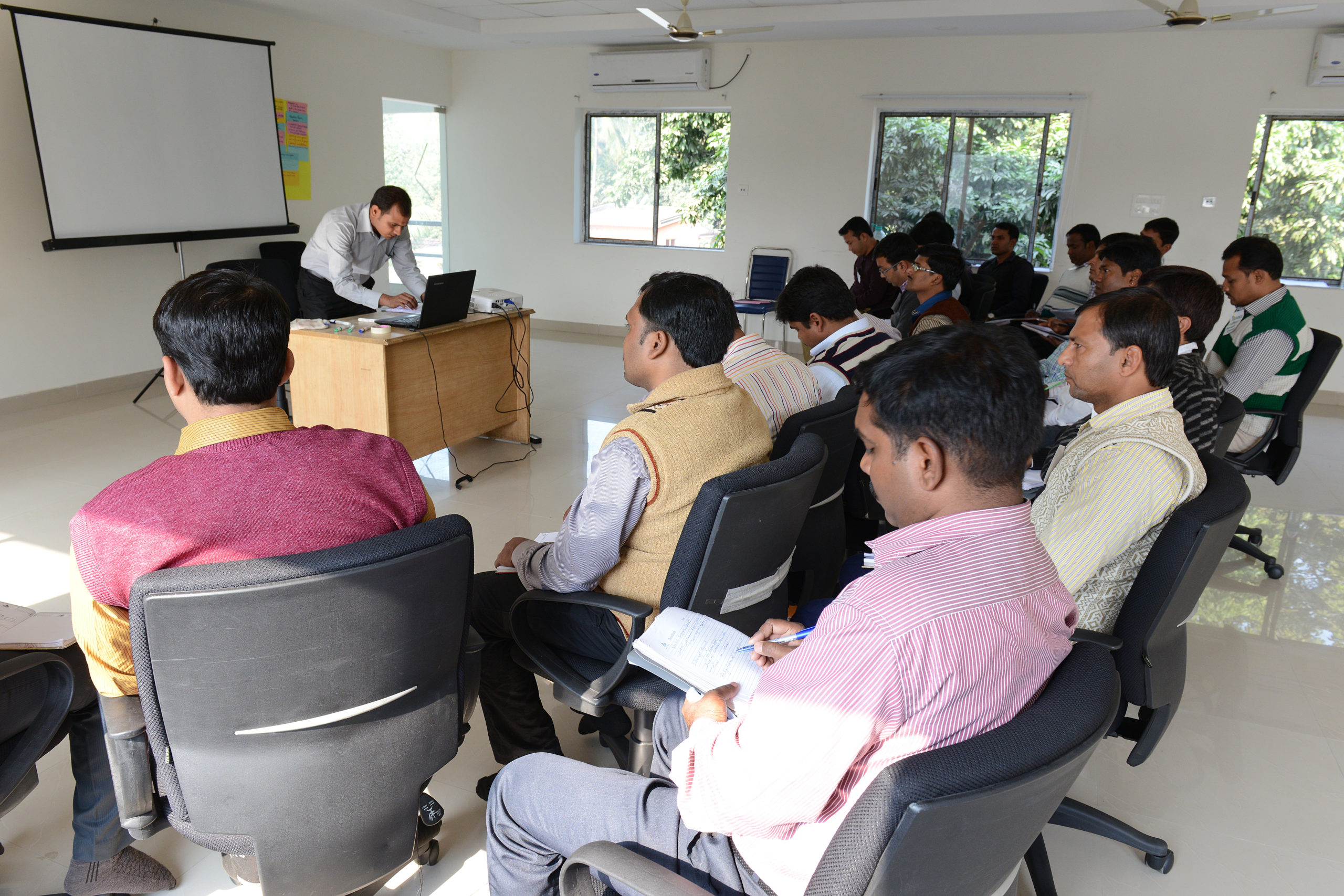The global economy is becoming more professionalised and not everyone needs a university degree to be successful. Many of the western countries give great importance to Technical Vocational Education and Training (TVET). TVET provides an opportunity to school leavers who do not wish to go for a degree and train them in professional knowledge and skills for employment. The TVET courses provide education, training and skills required by the job market or to create people with technical knowledge who can jump start their careers after school. Hope Beyond Frontiers advocates for such skills development in countries like Pakistan and Kenya.
There are a number of problems in Pakistan’s TVET. According to the Department of Education, dropout rates at primary and secondary levels are 44pc and 40pc, respectively.
There are only 3,798 TVET institutes in Pakistan. They have a limited capacity as they can accommodate only half a million trainees. The annual increase in youth unemployment is estimated at 1.5 million. TVET institutes have obsolete curricula. The youth prefer general higher education to vocational education.


Specialized and sophisticated skills are required for most jobs these days, but there is a lack of linkage between the industry and TVET institutes. Government departments and private organizations prefer to hire employees with higher education to TVET diploma holders. There is a dearth of government funding for TVET institutes. Women’s participation is very limited. Another major issue is the shortage of good trainers.
As good as it is for developed economies, developing countries like Pakistan can immensely benefit from this type of education system. Small scale institutions that can provide quality training in the form of a diploma can be set up with less costs than a university. These can be scaled in the smaller towns of Pakistan rather than expensive large cities. Existing facilities of schools can be utilised or upgraded for a range of courses.

Pakistan has very few vocational institutions which could be expanded to higher secondary schools, enabling development of a competent workforce which will not only contribute to Pakistan’s economy, but also raise the overall quality of service and industry in Pakistan. Pakistan’s current perception of any education besides conventional degrees can easily be described as condescending, and this view will have to change to accommodate any development or enhancement of industry and economy. TVET courses are a great and practical way to start.
The Government of Pakistan has launched several studies in cooperation with overseas donors and governments. Our partners are advised to review those research papers, strategic plans and recommendations. and implement this much needed sector in the country.
